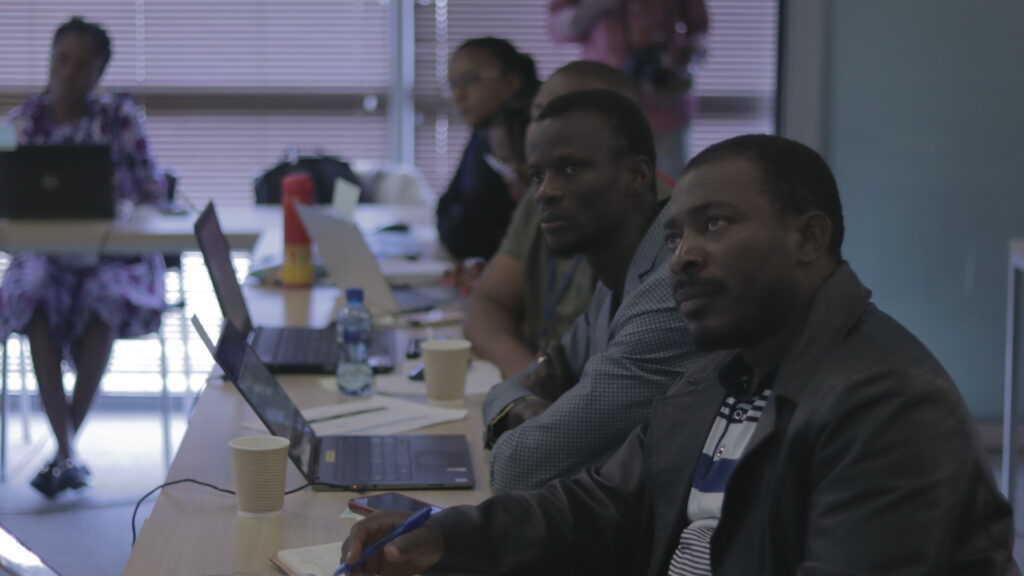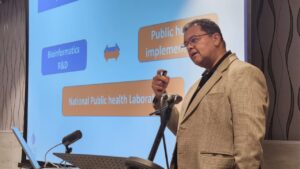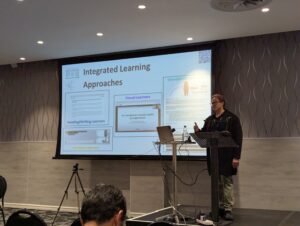Starting from the 12th of October 2022, the Africa Centres for Disease Control and Prevention (Africa CDC) conducted a five-day Bioinformatics Training Workshop hosted by the South African National Bioinformatics Institute (SANBI). The Africa CDC conducts these trainings for better disease control and prevention in Africa by integrating pathogen genomes and bioinformatics into public health surveillance and outbreak investigations. This also creates a networking platform and collaboration among Member states and to maintain a support system for public health emergencies in the present and future.

Peter Van Heusden facilitated the training among researchers, public health officials, biomedical scientists, computer scientists, biologists and laboratory technicians from public health laboratories (PHLs) in 14 African countries. The training was focused on providing the participants with the knowledge and abilities needed for response operations to public health emergencies and SARS-CoV-2 genome sequencing. “The two things that we tried to do with this training was to try to train (participants) at least the bare minimum of how to analyse the data using some of the tools,” says Tracey Calvert-Joshua. “We have created a website with all the training material — which will constantly be updated — in which they are able to go through the theory and practical part of how to analyse SARS-CoV-2 data.”
Upon conversations amongst the trainees Dr Lamech Malagho Mwapagha, a Lecturer and Research Scientist at Namibia University of Science and Technology said that he used these types of functions as a means of networking amongst those in his fields while using what he has learnt at the training and putting it into practice in his own country. Mr. Craig Zimba, a biomedical scientist at the Zambia National Public Health Institute, expressed his hopes for the training’s outcome. He hoped that the training would assist the implementation of bioinformatics in PHLs. He also spoke about how Zambia is working to improve and build more PHLs, as the country currently has only four. He believed that by improving PHLs, public institutions would be able to detect viruses like SARS-CoV-2 in their early stages.
Gabrielle Arendse, Nurul Huda Williams, Siyamthanda Majeke and Zenande Mgijima – PHA4GE



